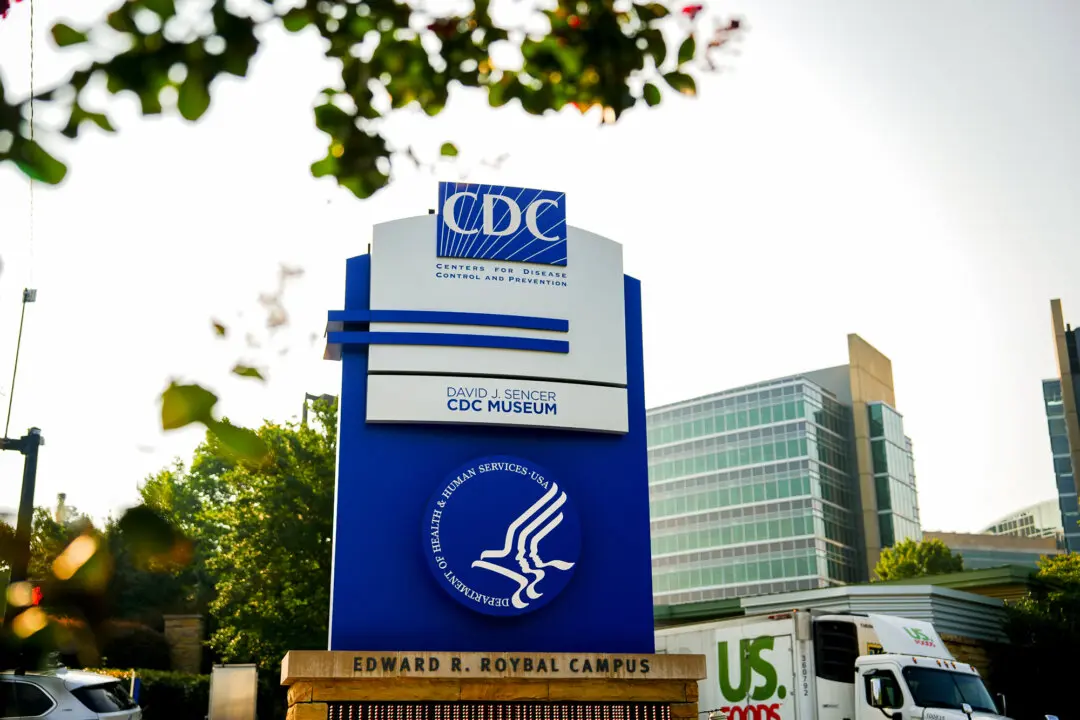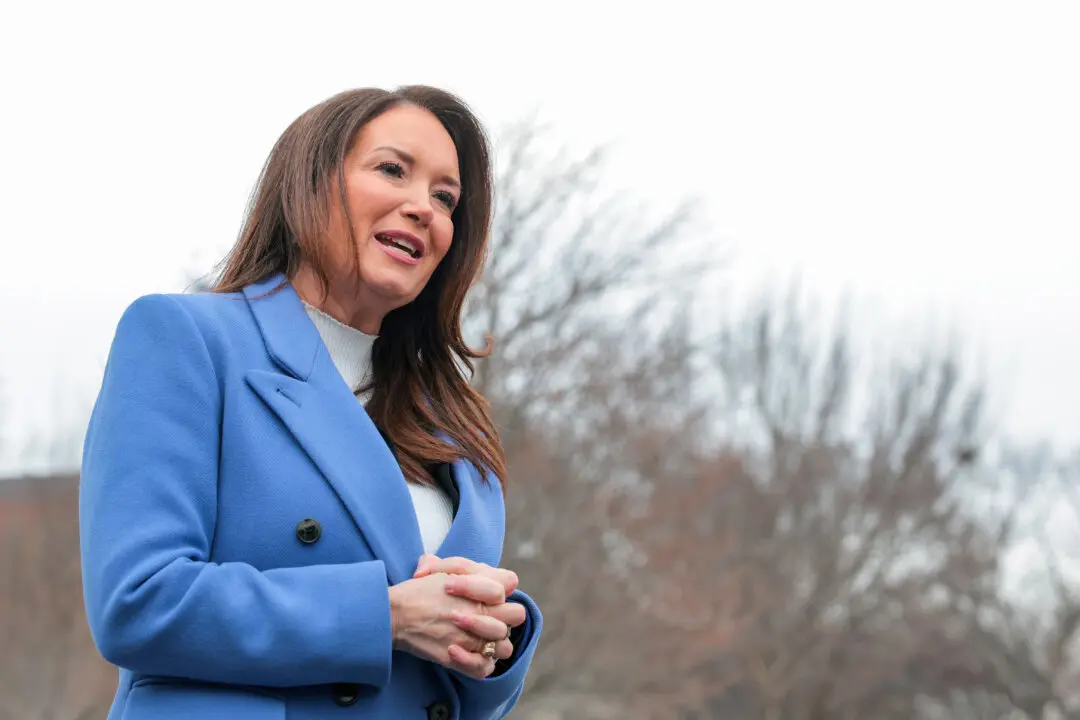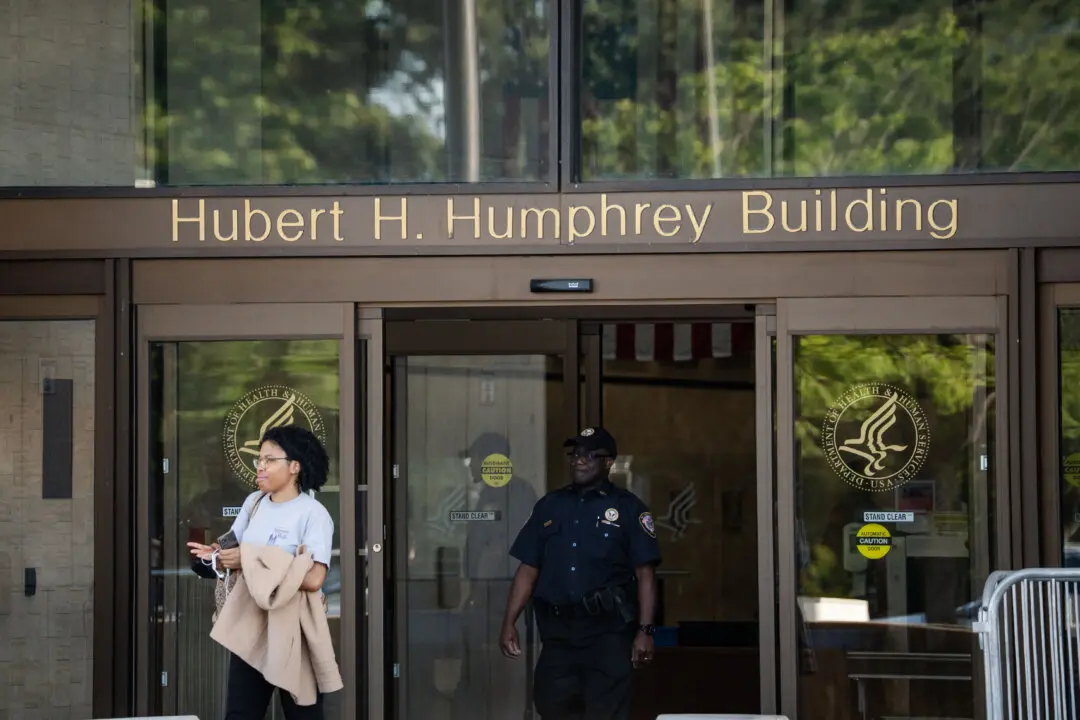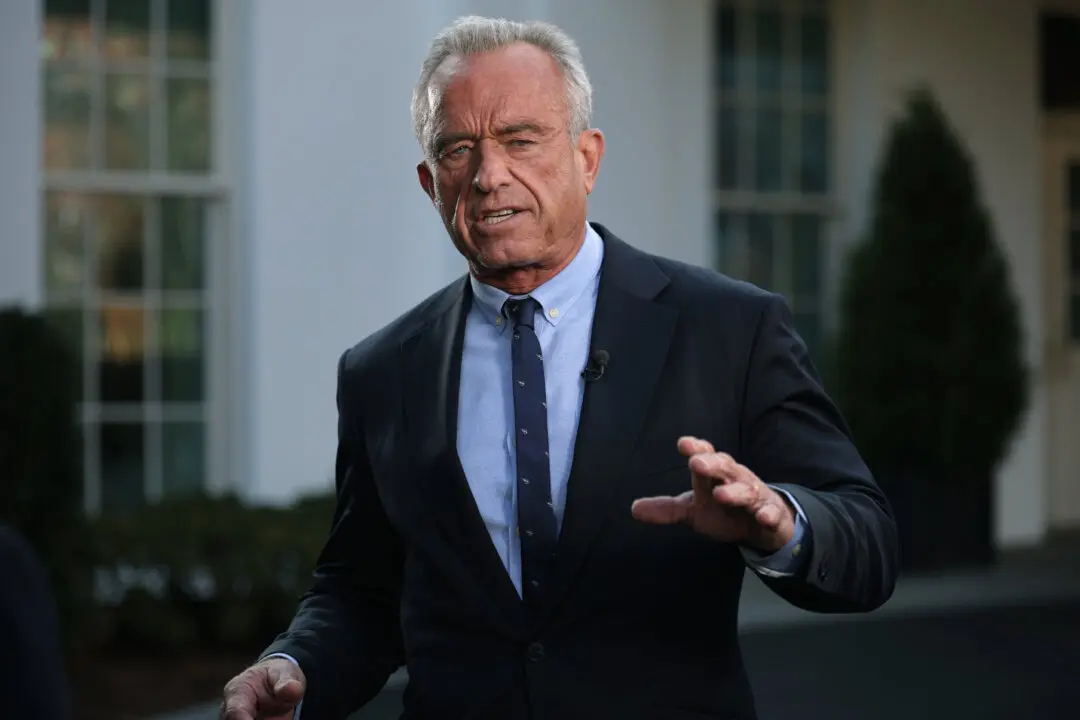Operation Warp Speed’s chief scientific adviser on Monday defended the federal government’s rollout of COVID-19 vaccines, but acknowledged there is a “lag” in getting the vaccines administered.
Officials with President Donald Trump’s administration said late last year that 20 million Americans would be vaccinated by the end of 2020. Instead, under 3 million people received vaccinations, out of some 12 million doses distributed to states, as of Dec. 30.





